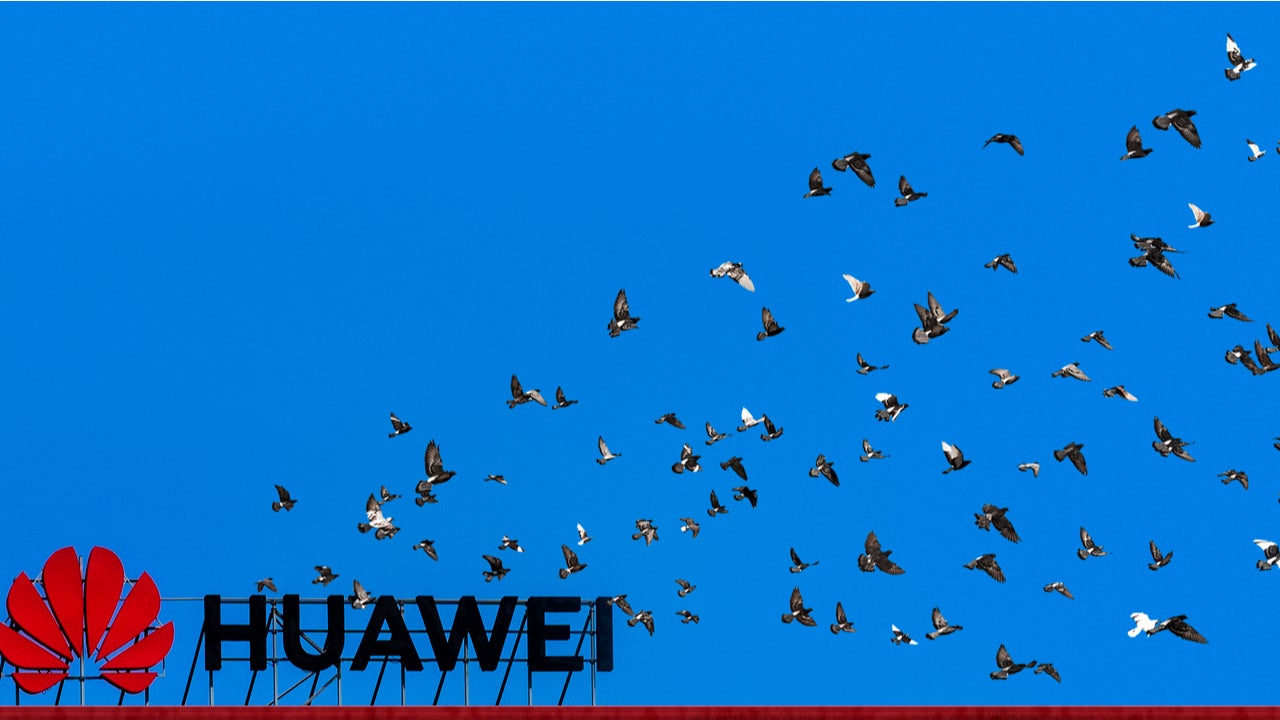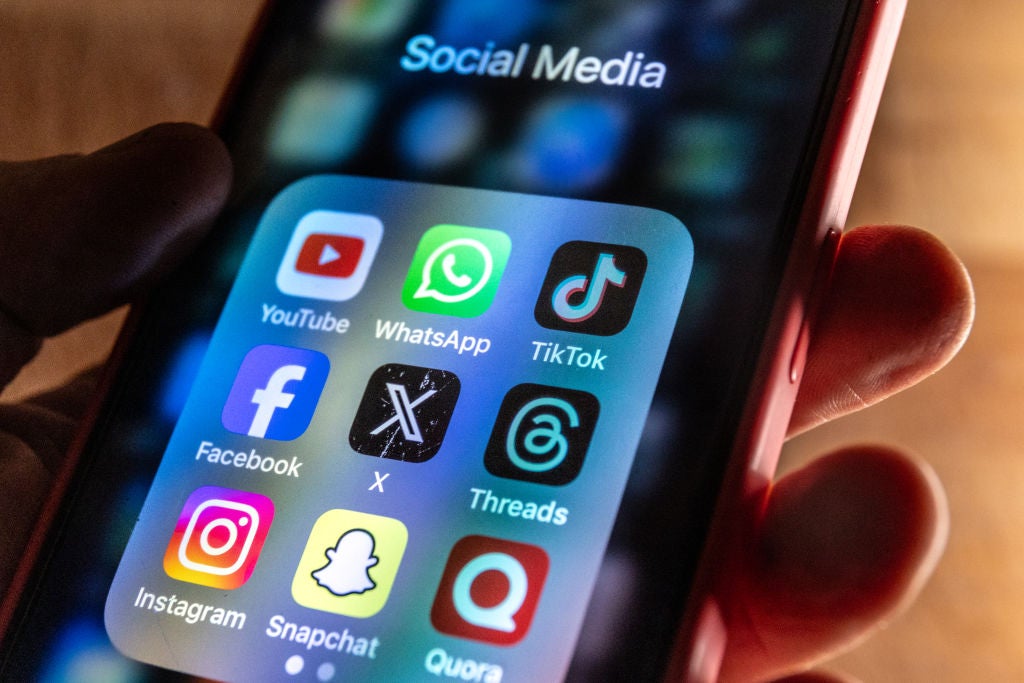
Chinese tech behemoth Huawei revealed its new global cybersecurity and privacy protection transparency centre in Dongguan, but denied it had anything to do with heightened tensions between China and the US.
Instead, Huawei emphasised the company’s commitment to cybersecurity and data protection amid a rising wave of international cybercrime.
The Dongguan location is one of Huawei’s seven cybersecurity centres, the others being in the UK, Germany, Italy, the United Arab Emirates (UAE), Canada and Belgium. The new centre will be the Huawei’s largest to date.
The Shenzhen-based tech titan held an international press event on Wednesday, welcoming the centre and reiterating its devotion to transparency in user data protection and serving as a platform for multilateral cybersecurity cooperation.
“Cybersecurity is more important than ever,” said Ken Hu, Huawei’s rotating chairman, at the opening of the Dongguan centre. “As an industry, we need to work together, share best practices, and build our collective capabilities in governance, standards technology, and verification.”
In recent years Huawei has faced widespread criticism for having alleged links to the Chinese government. The company has been accused by multiple nations, including the US and the UK, of assisting the Chinese state in foreign espionage operations by hardwiring hidden backdoors into its technology, particularly its 5G equipment.
How well do you really know your competitors?
Access the most comprehensive Company Profiles on the market, powered by GlobalData. Save hours of research. Gain competitive edge.

Thank you!
Your download email will arrive shortly
Not ready to buy yet? Download a free sample
We are confident about the unique quality of our Company Profiles. However, we want you to make the most beneficial decision for your business, so we offer a free sample that you can download by submitting the below form
By GlobalDataIn 2019, the White House under Donald Trump banned the company from selling its 5G equipment in the US. Several other countries, including the UK, Canada, France, Sweden, Poland and India, have imposed similar constraints.
US sanctions have caused Huawei’s sales abroad to drop and it has grown increasingly reliant on its home market. Slapped with sanctions in various countries, Huawei’s revenue fell by 24.5% to $60.24 in the US and by 12.2% to $27.5bn in Europe in 2020.
Huawei denied that the Dongguan centre was a reaction to escalating tensions between the US and China, including the pressure on Huawei.
“This is not a response to what is happening in America or any other country because we’ve had a Dongguan centre for many, many years. So, this is basically a new enhanced building and enhanced capability,” John Suffolk, Huawei’s global cybersecurity and privacy officer, told reporters.
He also added that Huawei did not see the relationship with the US changing in the foreseeable future, saying that the company will have to learn to deal with limited market access to certain components.
“We don’t talk about scaling back. We talk about having two realities. We have to reposition in some markets and on some products,” said Suffolk.
At the event, Huawei emphasised the need to build trust among international cybersecurity issues and its key stakeholders.
“We need to give both the general public and regulators a reason to trust in the security of the products and services they use on a daily basis,” said Hu.
Along with the opening of the new centre, Huawei also released its Product Security Baseline, marking the first time the company has made its product security baseline framework and management practices available to the public.
When asked by Verdict what new technology the company plans to introduce to ensure cybersecurity and data privacy for customers, Suffolk said: “We believe privacy now goes hand in hand with security. You can’t do good privacy without good security. But privacy is complicated. It’s complicated because of the national security law.
“In terms of new technologies, the key thing for privacy has all to do with anonymisation, pseudo anonymisation, encryption and data masking and data labelling,” he added.
The event hosted various keynote speakers and panellists from international cybersecurity organisations, including the head of Indonesia’s national cyber and crypto Agency BSSN, the head of cybersecurity in the UAE and the director general of the GSMA. This underlines Huawei’s aim to establish itself as a global player in upholding international cybersecurity standards.
Earlier this month, Huawei released its self-developed Harmony operating system (OS), arguably a necessary move for the company to break away from US dominance in smartphone OS.
HarmonyOS is also a step towards establishing a self-developed ecosystem that seamlessly and wirelessly connects various devices, touting the company’s aim to advance its position in next-generation technologies and the Internet of Things (IoT). This, however, also creates significant opportunities for cybercrime, an issue that will likely be addressed by the new centre.
Companies are increasingly under threat from international cybercriminals. Last month, a ransomware attack on the US-based Colonial Pipeline forced it to shut down its operations, causing severe disruption to fuel supply on the American East Coast. Recently. Meatpacking company JBS and Japanese multinational Fujifilm have also been targeted by cyber gangs.
Doubling down on the issue of cybersecurity, last week, the US Department of Justice essentially equated ransomware attacks to terrorism by advising US attorney offices to send information on hack attacks to a centrally coordinated task force.




